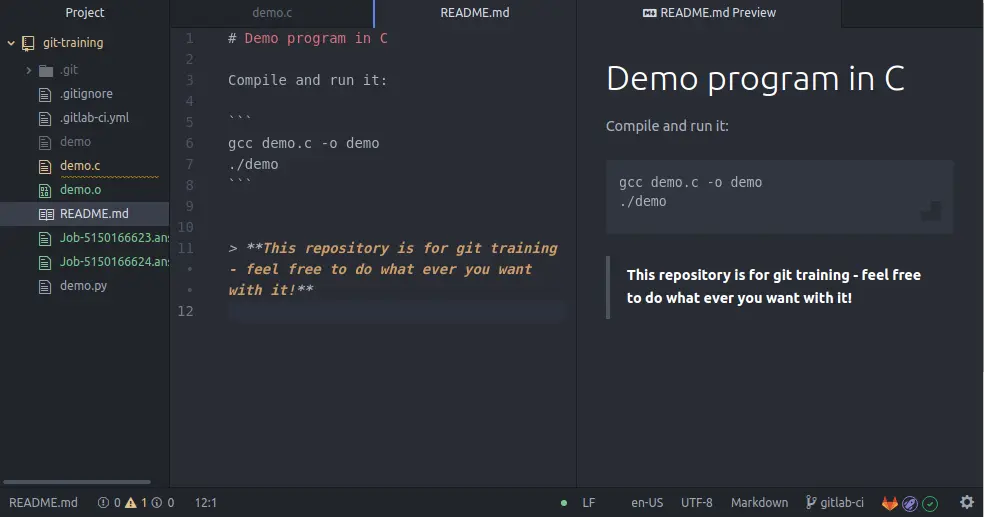Pulsar, the best code editor
Pulsar, the best code editor

optimizedbyotto.com
Pulsar, the best code editor

Pulsar (former Atom) is still the best code editor in my opinion. It is easiest and fastest to use, has all the nice productivity boosting plugins and is overall great for all the same reasons the Atom was great. 🚀
See also !pulsaredit@lemmy.ml